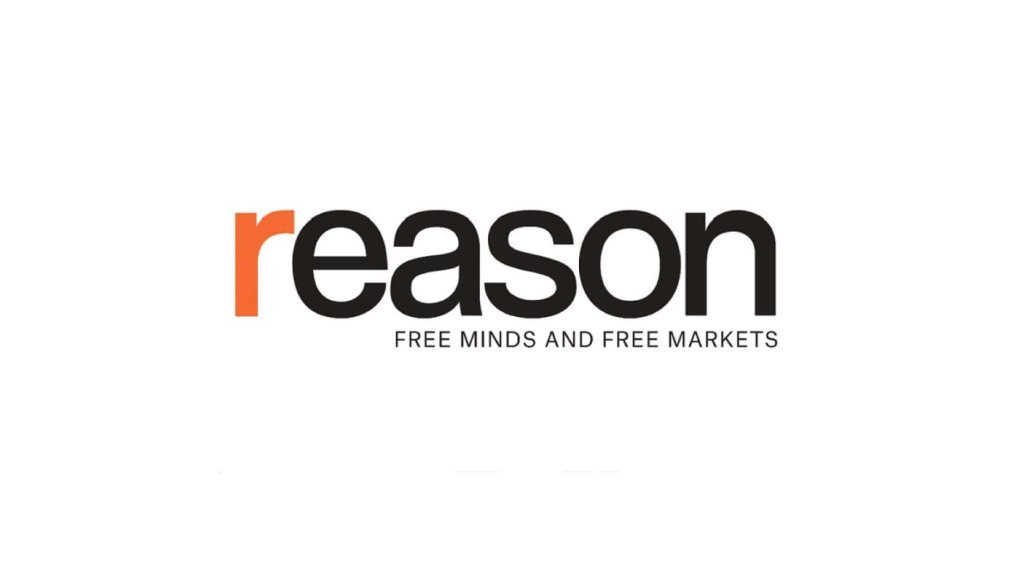More Leaks in the NY Times About The “Supreme Court Ethics Debate”
Another day, another leak story in the New York Times. This time, Jodi Kantor turns her attention to the Supreme Court’s “ethics debate.” This piece is far less earth-shattering than Kantor’s prior reports. The biggest reveal is that Justice Gorsuch wrote a ten-page memo opposing any efforts to make the ethics code “enforceable.” Everything else reported either reflects what the Justices have said in public, or can be reasonably inferred from what the Justices said in public. The bigger story, of course, is that leaks are still coming from the Court–and these leaks are designed to impugn and attack those on the “wrong” side of legal issues.
Let’s go through it.
First, we learn that Judge Robert Dow, the Chief’s Counselor prepared the first draft:
In May 2023, the chief justice made a public concession, saying the court could take further steps to “adhere to the highest standards” of conduct. Three months later, he gave his colleagues the first draft of the code, prepared by Judge Robert M. Dow Jr., a staff member who advises the chief justice. It was modeled on the one for federal judges, according to several people familiar with the process.
Relatedly, there is an office at the Court that provides ethics advice, though some justices do not seek it “consistently.” I’m not sure this fact has been reported before:
While a legal office at the court dispenses ethics advice to justices upon request, the counsel is not binding, and not all the justices have consistently sought it out, according to several people familiar with the office.
Second, the Court’s progressives supported a code that can be enforced. Justices Kagan and Jackson (but not Sotomayor) have said as much in their public remarks. Sotomayor also has gotten in trouble for her book events.
All three liberals — Justices Sotomayor, Kagan and Jackson — supported enforcement.
In an apparent attempt to make a higher level of scrutiny palatable to their colleagues, Justice Kagan proposed an initial step, involving a small group of veteran federal judges, according to people familiar with the discussions. She sketched out what she called a “safe harbor” system that would give the justices incentive to consult the judges about ethics issues. Later, if the justices were criticized — say, for accepting a gift — they could respond that they had obtained clearance beforehand.
“There are plenty of judges around this country who could do a task like that in a very fair-minded and serious way,” Justice Kagan said at a public appearance this year.
Third, the Court’s conservatives were not interested in negotiating on this point. Here, Kantor repeats her claim about the Trump immunity decision–there was no attempt to play ball with the liberals.
That modest proposal went nowhere.
…
The three l
Article from Reason.com

The Reason Magazine website is a go-to destination for libertarians seeking cogent analysis, investigative reporting, and thought-provoking commentary. Championing the principles of individual freedom, limited government, and free markets, the site offers a diverse range of articles, videos, and podcasts that challenge conventional wisdom and advocate for libertarian solutions. Whether you’re interested in politics, culture, or technology, Reason provides a unique lens that prioritizes liberty and rational discourse. It’s an essential resource for those who value critical thinking and nuanced debate in the pursuit of a freer society.




